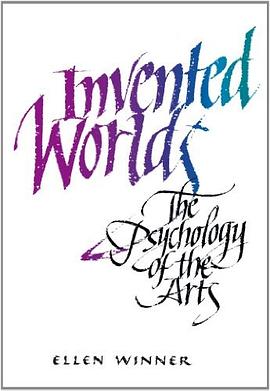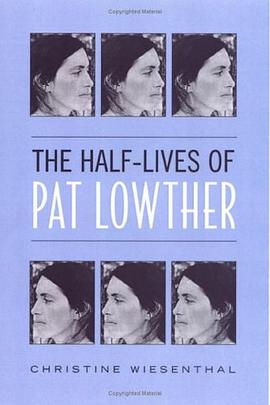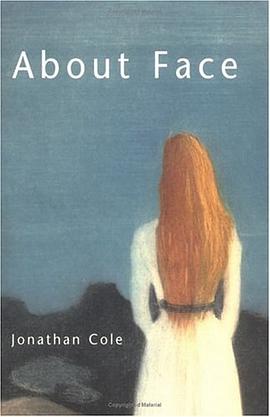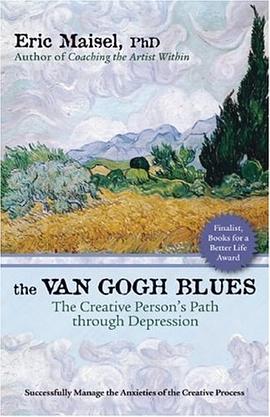

The purpose of the book is twofold: to give a theory of reference for the indexical 'I' and to explain what is involved in thinking about oneself. The first part constitutes a critique of different solutions to the problem of how 'I' refers, while the second part advances a positive account of 'I' and I-thoughts. It is argued that 'I' refers indirectly through a de re sense that is based on non-conceptual content. 'I' expresses an individual concept with two components: a de re sense and a context-independent self-concept. Other issues that are discussed concern self-knowledge, e.g. whether there is something in specific that we have to know about ourselves to be able to self-refer, and the kind of self-consciousness that is required for self-reference. Furthermore, the notions of unity of consciousness and personal identity, as they both are presupposed by a competent use of 'I', are examined. Audience: The book is intended for philosophers of mind and language with a general interest in theories of reference and meaning, and more specifically in the first person, the self, and self-knowledge.
具體描述
讀後感
評分
評分
評分
評分
用戶評價
相關圖書
本站所有內容均為互聯網搜索引擎提供的公開搜索信息,本站不存儲任何數據與內容,任何內容與數據均與本站無關,如有需要請聯繫相關搜索引擎包括但不限於百度,google,bing,sogou 等
© 2025 qciss.net All Rights Reserved. 小哈圖書下載中心 版权所有




















